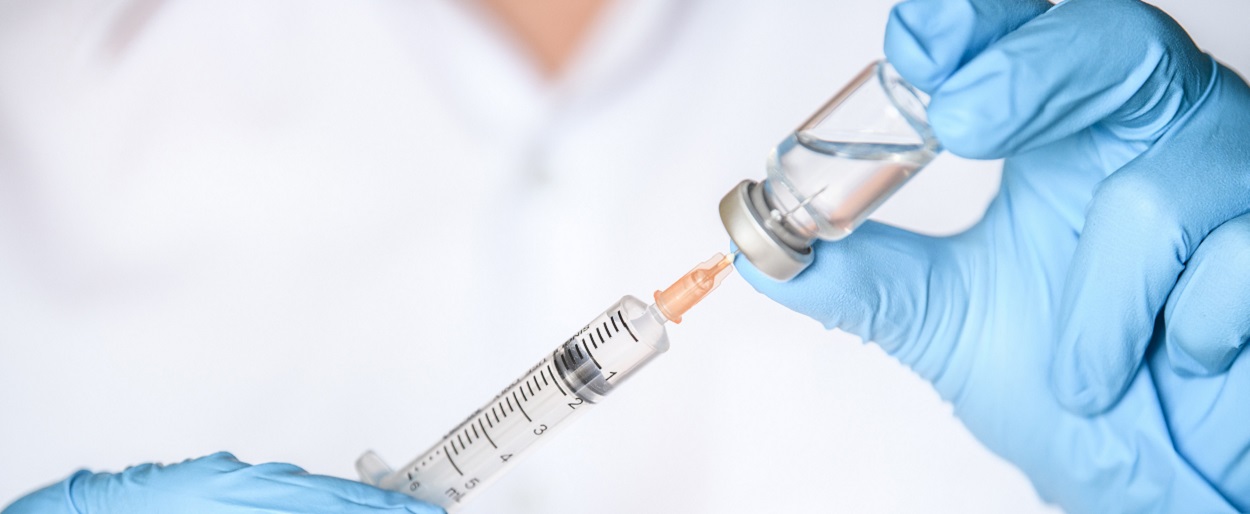NHS and Councils Collaborate on Innovative Sexual Health Services
Collaboration is key to improving sexual and reproductive health services in the UK, amid rising costs and demand.
Sexual ill-health is estimated to cost the NHS over £700 million per year. The annual cost of treating sexually transmitted infections (STIs) in England, Wales, and Northern Ireland is estimated to be around £165 million.
Sexual health services in England account for the third-highest area of public health expenditure, with over £500 million allocated annually to safeguard the well-being of communities. However, budget cuts have reduced funding by nearly 17% between 2015-16 and 2020-21.
Despite these financial challenges, demand for sexual health services has increased by one-third since 2013.
To meet this growing demand and deliver cost savings, the NHS and local councils are working together to form partnerships, share resources, and create integrated networks.
Through a series of case studies, the Local Government Association (LGA) highlights innovative approaches and good practices in sexual health services. The studies emphasise the importance of collaboration for better testing, treatment, contraception, and sexual health promotion.
Examples of collaborative service innovations in England include:
- Jointly commissioned by three councils and provided by University Hospitals Bristol and Weston NHS Foundation Trust, vending machines in Bristol, North Somerset and South Gloucestershire provide free sexual health tests to help engage hard to reach groups.
- Umbrella is a partnership of organisations led by University Hospitals Birmingham NHS Foundation Trust. It runs a network of clinics to provide access to testing and treatment and partners with nearly 300 GPs and pharmacies to provide access to support. Birmingham and Solihull councils jointly commission sexual and reproductive health services via this partnership.
- Staffordshire County Council had its sexual health budget cut by 25% over six years. To offset the cuts, it explored joint tendering with other councils in partnership with the regional NHS England team. This collaboration widened opportunities for potential providers and allowed for greater potential for sharing resources and best practice.
- Women across Liverpool have easier access to a range of services thanks to a network of clinics, hubs and pharmacies set up by the local NHS and Liverpool City Council. The health hubs offer both NHS and council-commissioned services from cervical screening to long-acting reversible contraception (LARC).
- Derby and Derbyshire have established a partnership between the NHS, local government, and voluntary sector organisations to promote innovation and new approaches to sexual healthcare, such as support for the under 25s responding to the change in guidance for chlamydia screening.
These innovations show the resilience and adaptability of sexual health providers in delivering quality services to their communities. Collaborating with local councils saves the NHS money by preventing disease, unwanted pregnancies, and costly health complications.
Vinay Neogi, Head of Product Development for Lilie, Idox’s patient record software for sexual health, said “In the face of financial challenges, the Idox team recognises the urgent need for collaboration to strengthen sexual and reproductive health services in the UK. Our team echoes the sentiment that collaboration is the key to overcoming these challenges. By working together, sharing resources, forming integrated networks and working closely with their software providers, the NHS and local councils can not only meet the growing demand for sexual health services but also achieve cost savings”.






